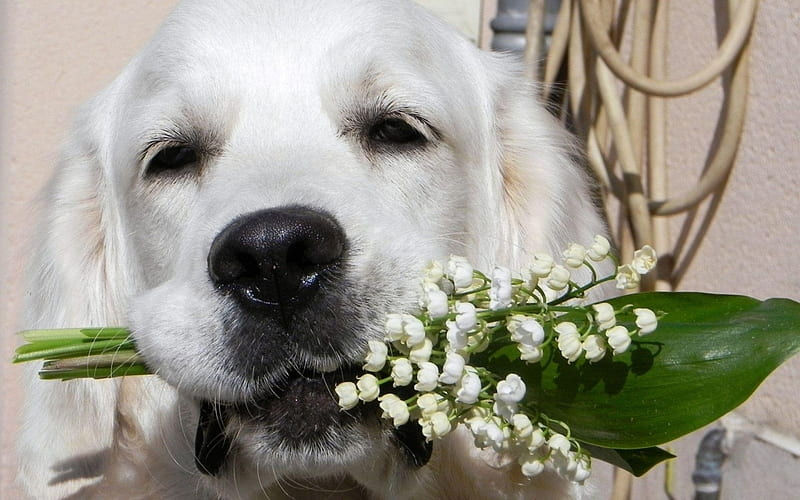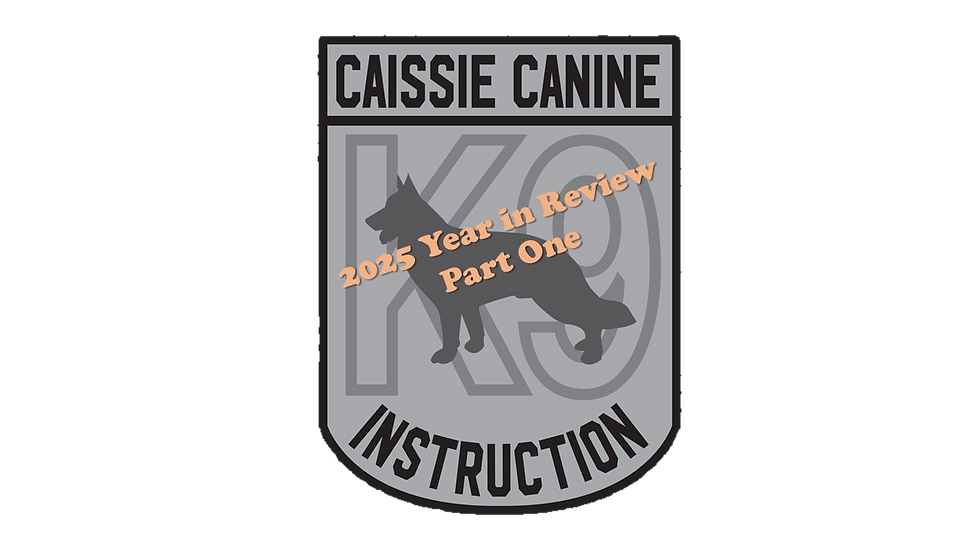Caissie Canine Instruction: Toxic Plants
- caissiecanineinstr

- Apr 24, 2023
- 2 min read

We begin this week’s “RUFF TAILS” featuring a beautiful 2-year-old Dogo Argentino named Odin.

My family say I am loyal and a loving companion to the entire family including the family cat. I love cuddles, treats and lots of exercise.

Although I am half deaf, I am well behaved and very motivated to please my family. My family loves me very much, but I love them most.
Welcome to Doggie Dialogue
“April showers bring May flowers”. However, some of these flowers and plants can be toxic to our pets. Paul and I had to educate ourselves on different plants/flowers in order to keep our dogs safe throughout the spring/summer months.
Plants can be toxic to dogs, if ingested. These plants include Azaleas, Rhododendron, Lily of the Valley, English Ivy, and Wisteria just to name a few. The bulbs of daffodils and tulips are also toxic to dogs.

Any plant material can cause gastrointestinal upset and vomiting for both cats and dogs.
A popular plant, most people with pools love to have, are the sago palms.

They look like mini palm trees. However, this is a dangerous, poisonous plant for dogs, as it damages the liver, or worse liver failure. It can take 6-8 months after veterinary treatment for the K9’s liver values to return to normal.

Lily of the Valley are sweet smelling and have beautiful flowers, however very poisonous for dogs. Even a small exposure to any part of this plant can cause heart problems, seizures, low blood pressure, or put your dog into a coma.

Rhododendron (also known as Azaleas) are a flowering shrub that can be seen in many front yards. It is rare for dogs to eat a lot of azaleas, however if they do, they may suffer low blood pressure, irregular heart rate and rhythm, or tremors.
When planting around your home, please do your research on “safe” flowers and plants for your pets. You can check out the SPCA website as they list all the toxic plants that can cause serious side effects.

If you are not sure what your dog ate, you can call the Animal Poison Control Hotline 1-855-764-7661 and they can advise you if you need to seek veterinary care.




Comments